detail profile zofia czerwi c5 84ska
Peran Yang Di Mainkan Zofia Czerwińska
 The story of an unemployed journalist...
The story of an unemployed journalist...Battle of the Sexes 2011
The story of an unemployed journalist who fights overweight and account shortages more effectively than Bridget Jones, and although she knows a lot about men, finding the right one will require a lot of effort. Especially that her adult daughter not only ruthlessly judges her actions, but also counts on her mother's advice in her love affairs.
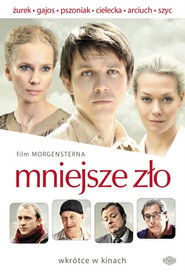 There is a writer who in...
There is a writer who in...Lesser Evil 2009
There is a writer who in the late 1970s managed to publish a poem in the monthly "Nowy Wyraz". It was enough to become a self-confessed writer whose name began to appear in the state media. The writer takes full advantage of his privileges - he flirts with power, sympathizes with the opposition, and collapses his studies at the same time. He is saved from going to the army by an exalted essayist whose sister is the head of the psychiatric hospital in Tworki. In a psychiatric institution, a writer meets a schizophrenic who writes a novel. After his suicide, the protagonist takes over the draft, which he publishes outside of censorship under his name, thanks to which he gains fame, fame and money. August '80 breaks out....
 Raised in Warsaws Praga Mirka graduated...
Raised in Warsaws Praga Mirka graduated...Złoty środek 2009
Raised in Warsaw's Praga, Mirka graduated from the prestigious faculty of law. It would seem that her profession would even be detracted from the honor of a family with cunning roots. The girl's grandfather and father pride themselves on stays in numerous prisons. However, Mirka's legal knowledge can be very useful in the fight to save the old tenement house. As a result of a suspicious transaction, the tenement house where Mirka has been living since childhood is to be demolished. All the leads lead to the law firm "Łopian i Pokrzywa", which is just looking for a new lawyer - a man. In order to help the inhabitants of the family tenement house, Mirka must engage in a daring hoax. She is helped by her uncle Bogumił, a makeup artist and a representative of a sexual minority. Thanks to him, a beautiful girl will turn into a handsome young man and hire him in a suspicious office.
 The true story of pianist Wadysaw...
The true story of pianist Wadysaw...The Pianist 2002
The true story of pianist Władysław Szpilman's experiences in Warsaw during the Nazi occupation. When the Jews of the city find themselves forced into a ghetto, Szpilman finds work playing in a café; and when his family is deported in 1942, he stays behind, works for a while as a laborer, and eventually goes into hiding in the ruins of the war-torn city.
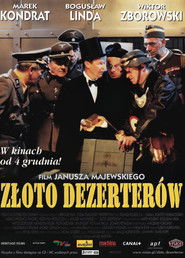 Deserters Gold the sequel to the...
Deserters Gold the sequel to the...Deserter's Gold 1998
"Deserter's Gold", the sequel to the very popular "The Deserters", is a rich war comedy, skipping humorously around the more serious dangers of a war. Deserters Gold takes place during World War II, while the first film happened during WWI. The heroes' mission is to rob a Nazi-run bank in Poland for gold that will buy military supplies for the Polish Underground.
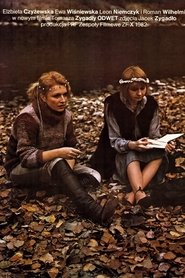 Two old friends meet at a...
Two old friends meet at a...Revenge 1983
Two old friends meet at a mountain shelter and recall their university years. Midroń and Świdrycki are mature, intelligent men, experiencing a crisis of faith in the meaning of life, in their abilities, as well as fear of death. The next day, their wives join them. Although they have not had the opportunity to get to know each other so far, they become friends very quickly.
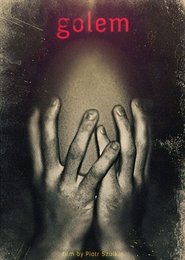 Pernat finds himself in a police...
Pernat finds himself in a police...Golem 1980
Pernat finds himself in a police interrogation, accused of a murder, and unable to recall any details of the crime, or even his own life. He's released back into a world of raving lunatics and deranged dentists, murderous doctors and scientists who believe the secret of human creation is inside the walls of a cast-iron oven.
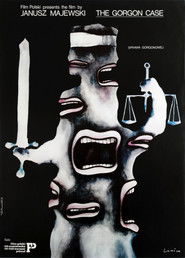 In 1931 just before the New Year...
In 1931 just before the New Year...The Gorgon Case 1977
In 1931, just before the New Year, in a house of architect Henryk Zaremba scream rips the night. The daughter of Zaremba is found killed in her bedroom, obviously killed with a pickaxe. The police arrives and starts the investigation. Rita Gorgonova, the governess of the girl and also lover of Zaremba becomes the main suspect. Film based on real events - investigation and court trials of the most famous pre-war Polish murder case. Despite being historically accurate the movie is both involving and entertaining since the case was simple on the surface, but very complicated in details.
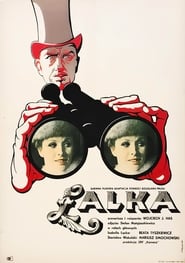 Set in the 19th century Warsaw...
Set in the 19th century Warsaw...The Doll 1968
Set in the 19th century Warsaw. The indolence of aristocrats who, secure with their pensions, are too lazy to undertake new business risks, frustrates Wokulski. His ability to make money is respected but his lack of family and social rank is condescended to. Because of his "help" (in secret) to "the doll's" impecunious but influential father, the girl becomes aware of his affection.
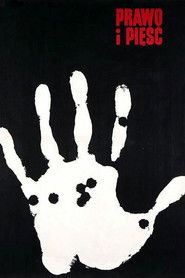 At the end of World War...
At the end of World War...The Law and the Fist 1964
At the end of World War Two, Polish people move to the western lands vacated by Germans. But some ruthless profiteers pose as government representatives and intend to make off with loot from a deserted town they took over. One honest man stands up against them because he believes these goods belong to the people.
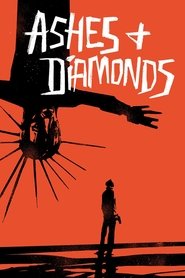 A young academy soldier Maciek Chelmicki...
A young academy soldier Maciek Chelmicki...Ashes and Diamonds 1958
A young academy soldier, Maciek Chelmicki, is ordered to shoot the secretary of the KW PPR. A coincidence causes him to kill someone else. Meeting face to face with his victim, he gets a shock. He faces the necessity of repeating the assassination. He meets Krystyna, a girl working as a barmaid in the restaurant of the "Monopol" hotel. His affection for her makes him even more aware of the senselessness of killing at the end of the war. Loyalty to the oath he took, and thus the obligation to obey the order, tips the scales.
 Tells two tales set during WWII...
Tells two tales set during WWII...Eroica 1958
Tells two tales set during WWII: A seemingly feckless and selfish man finally takes up arms in the national struggle against the Nazis. Set in a POW camp, Polish inmates cling to their hopes for an eventual escape, encouraged by the legendary escape of one of their own.
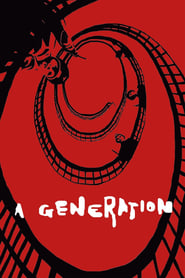 Stach is a wayward teen living...
Stach is a wayward teen living...A Generation 1955
Stach is a wayward teen living in squalor on the outskirts of Nazi-occupied Warsaw. Guided by an avuncular Communist organizer, he is introduced to the underground resistance—and to the beautiful Dorota. Soon he is engaged in dangerous efforts to fight oppression and indignity, maturing as he assumes responsibility for others’ lives. A coming-of-age story of survival and shattering loss, A Generation delivers a brutal portrait of the human cost of war.
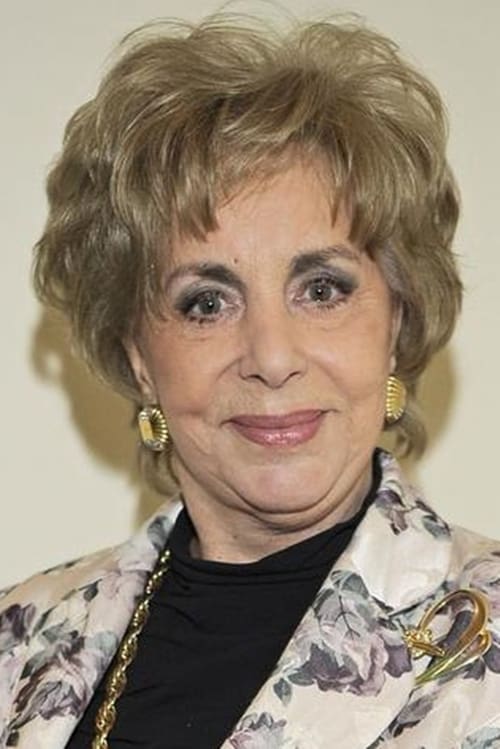
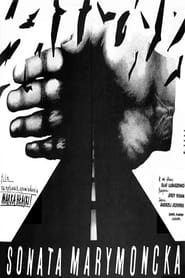 Main character Rysiek tries to live...
Main character Rysiek tries to live...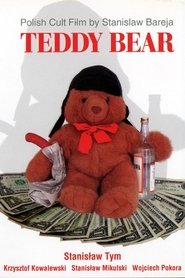 En route to London Bear discovers...
En route to London Bear discovers...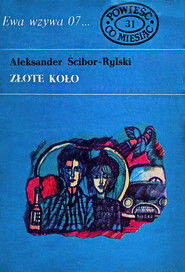 An unknown man brings a wounded...
An unknown man brings a wounded...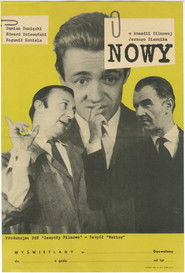 A young man looking for work...
A young man looking for work...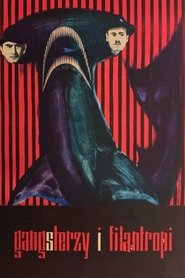 The movie consists of two satirical...
The movie consists of two satirical...